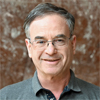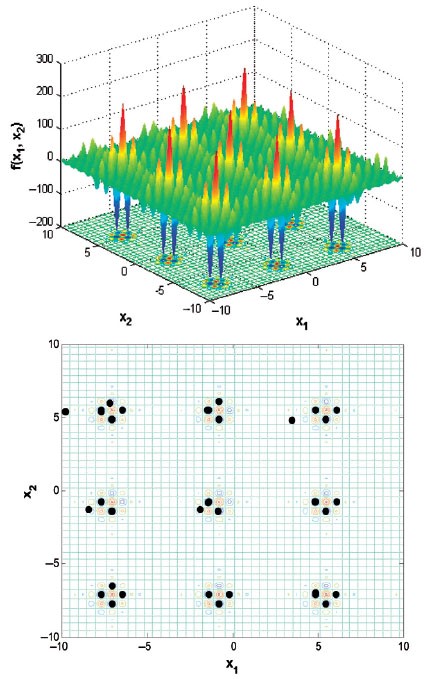Sabre Kais

- Distinguished Professor of Chemistry and Electrical and Computer Engineering
- Email: kais@purdue.edu
- Phone: 45965
- Office: 265G WTHR
- Professor Sabre Kais's individual homepage
The Kais group focuses on quantum computation and quantum information to treat the following related problems:

(1) Near term applications of quantum simulation and quantum computing devices:
The exact solution of the Schrödinger equation for atoms, molecules and extended systems continues to be a “Holy Grail” problem for the field of atomic and molecular physics since inception. Recently, breakthroughs have been made in the development of hardware-efficient quantum machines and coherent Ising machines capable of simulating hundreds of interacting spins through an Ising-type Hamiltonian. One of the most vital questions associated with these new devices is: “Can these machines be used to perform electronic structure calculations?” We have shown the possibility of mapping the electronic structure Hamiltonian to an Ising type Hamiltonian and present the simulation results of the transformed Ising Hamiltonian for small molecules such as H2, He2, HeH+, LiH and H2O.
(2) Quantum Information and Computation for Chemistry:
The goal of this project is understanding the role of quantum information in molecular systems and to construct quantum information processors and use them for applications in chemistry. The main thrust is calculating entanglement for atoms, molecules, arrays of quantum dots and complex biological systems and relating it to decoherence time, which is a quantity measurable in experiments and of relevance in various proposals for traditional and quantum computer hardware. Also developing quantum algorithms for electronic structure and dynamics for molecular systems using gadget theory and adiabatic quantum computing methods.
(3) Dimensional Scaling and Finite Size Scaling for Quantum Phase Transitions and Critical Phenomena:
We have established an analogy between symmetry breaking of electronic structure configurations and quantum phase transitions at the large dimensional limit. Furthermore we have developed the finite size scaling method for quantum systems. In this case, the finite size corresponds not to the spatial dimension but to the number of elements in a complete basis set used to expand the exact wave function of a given Hamiltonian.
Education
- B.S., Hebrew University, 1983
- M.S., Hebrew University, 1984
- Ph.D., Hebrew University, 1989
- Postdoctoral Associate, Havard University, 1991
Awards
- Herbert Newby McCoy Award, 2019
- Santa Fe Institute External Professor, 2013
- Sigma Xi Research Award, 2012
- Editorial Board, Molecular Physics, 2008
- Elected Fellow, 2007
- Fellow of the American Physical Society, 2006
- Guggenheim Fellowship Award, 2005
- Faculty Scholar, 2004
- Forchheimer Visiting Professor, 2000
- Career Award, 1997
- Visiting Scholar, Oxford University and Cambridge University, England, 1992
- Research Associate, Harvard University, 1991
- Landau Prize, Hebrew University, 1985
- Farkash Prize, Hebrew University , 1983